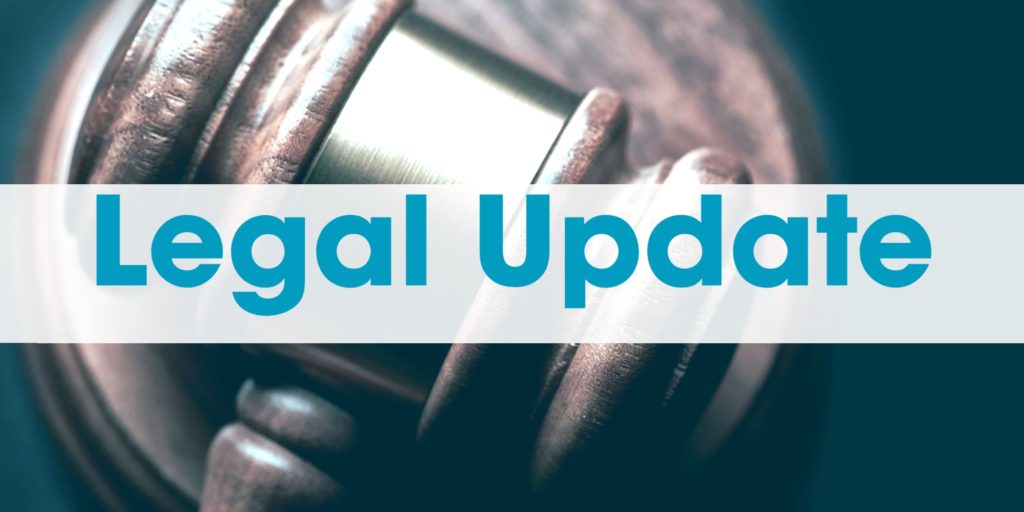 Due to complaints related to a lack of personal protective equipment (PPE), insufficient training on appropriate standards and possible coronavirus illness (COVID-19) transmissions in the workplace, the Occupational Safety and Health Administration (OSHA) has issued temporary guidance for its area offices to use in their efforts to enforce the agency's workplace safety and health mandates. These mandates require employers to take prompt actions to mitigate hazards and protect employees during the COVID-19 pandemic
Due to complaints related to a lack of personal protective equipment (PPE), insufficient training on appropriate standards and possible coronavirus illness (COVID-19) transmissions in the workplace, the Occupational Safety and Health Administration (OSHA) has issued temporary guidance for its area offices to use in their efforts to enforce the agency's workplace safety and health mandates. These mandates require employers to take prompt actions to mitigate hazards and protect employees during the COVID-19 pandemic
The new guidance, issued on April 13, 2020, directs OSHA compliance officers to process most complaints from non-healthcare and non-emergency response establishments as “non-formal” and to conduct investigations via phone or fax whenever possible. However, employers should know that after receiving a serious incident report, OSHA area directors will determine whether to conduct an inspection or a rapid response investigation (RRI). RRIs are intended to identify any hazards, provide abatement assistance and confirm abatement, and OSHA generally encourages area directors to recommend them.
This Compliance Bulletin provides a summary of the enforcement guidance provisions that relate specifically to COVID-19 issues.


 The Departments of Labor, Health and Human Services and the Treasury (Departments) have provided answers to frequently asked questions (FAQs) regarding health coverage issues related to COVID-19, including implementation of the Families First Coronavirus Response Act (FFCRA) and the Coronavirus Aid, Relief and Economic Security Act (CARES Act).
The Departments of Labor, Health and Human Services and the Treasury (Departments) have provided answers to frequently asked questions (FAQs) regarding health coverage issues related to COVID-19, including implementation of the Families First Coronavirus Response Act (FFCRA) and the Coronavirus Aid, Relief and Economic Security Act (CARES Act). On April 9, 2020, the IRS issued Notice 2020-23 to extend key tax deadlines for individuals and businesses in response to the ongoing COVID-19 pandemic.
On April 9, 2020, the IRS issued Notice 2020-23 to extend key tax deadlines for individuals and businesses in response to the ongoing COVID-19 pandemic.